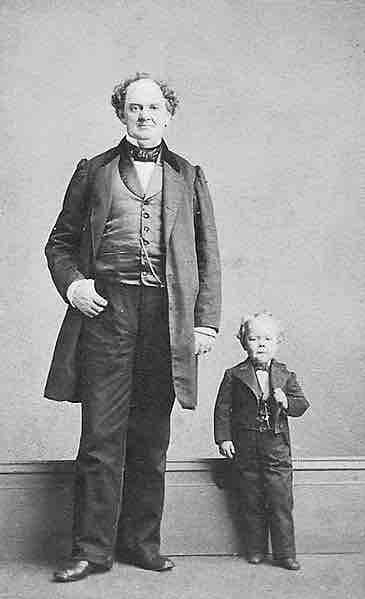Regulation of the Cell Cycle by External Events
Unlike the life of organisms, which is a straight progression from birth to death, the life of a cell takes place in a cyclical pattern. Each cell is produced as part of its parent cell. When a daughter cell divides, it turns into two new cells, which would lead to the assumption that each cell is capable of being immortal as long as its descendants can continue to divide. However, all cells in the body only live as long as the organism lives. Some cells do live longer than others, but eventually all cells die when their vital functions cease. Most cells in the body exist in the state of interphase, the non-dividing stage of the cell life cycle. When this stage ends, cells move into the dividing part of their lives called mitosis.
Both the initiation and inhibition of cell division are triggered by events external to the cell when it is about to begin the replication process. An event may be as simple as the death of a nearby cell or as sweeping as the release of growth-promoting hormones, such as human growth hormone (HGH). A lack of HGH can inhibit cell division, resulting in dwarfism, whereas too much HGH can result in gigantism . Crowding of cells can also inhibit cell division. Another factor that can initiate cell division is the size of the cell; as a cell grows, it becomes inefficient due to its decreasing surface-to-volume ratio. The solution to this problem is to divide.

Dwarfism
Commodore Nut (right) was a famous circus performer afflicted with dwarfism. This was a result of a lack of Human Growth Hormone.
Whatever the source of the message, the cell receives the signal, and a series of events within the cell allows it to proceed into interphase. Moving forward from this initiation point, every parameter required during each cell cycle phase must be met or the cycle cannot progress.